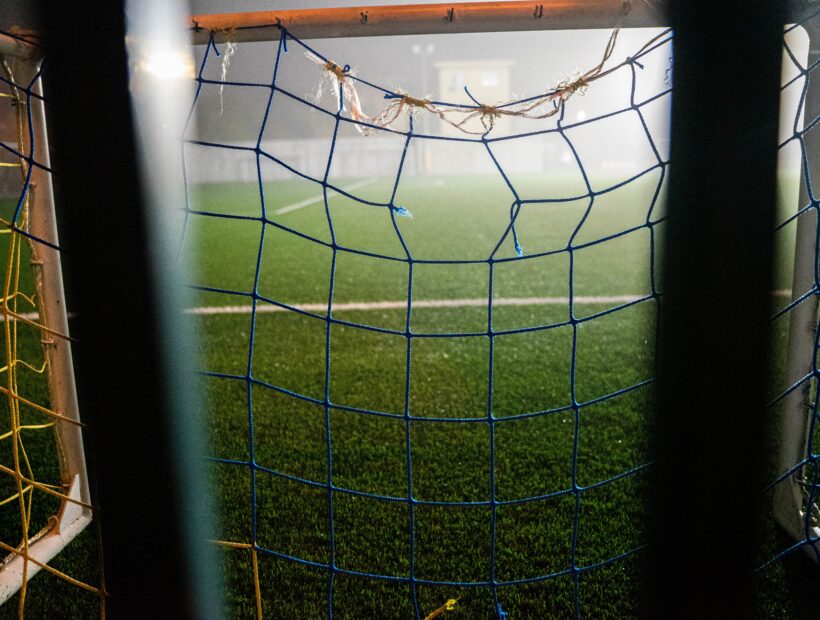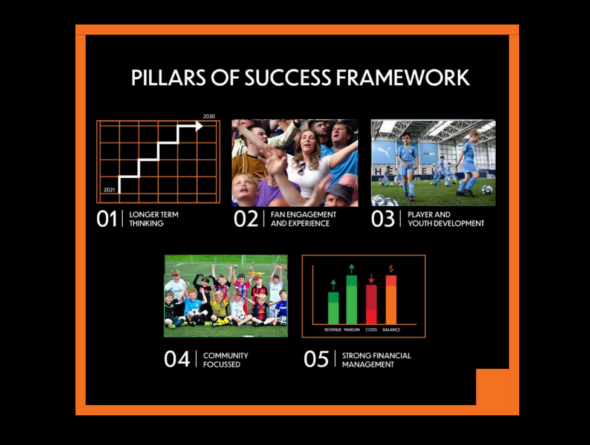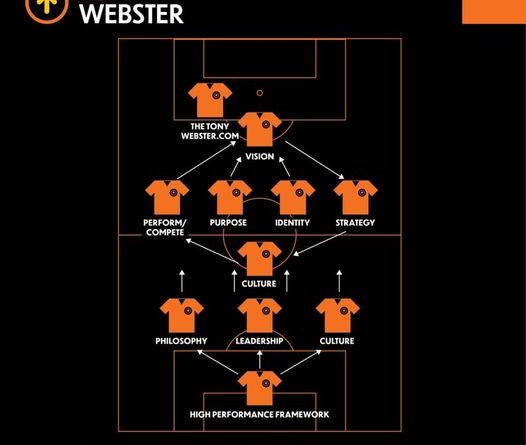This was the headline of an article in The Independent recently, written by Melissa Reddy, and I completely agree. While there are many different elements, agendas and motivations across the football leagues and associations, it is clear the overall structure of the game in England is under the microscope.
Like in any business, the question for individual club owners is how to balance the short-term priorities with longer term planning. Unfortunately, most clubs only think of the short term and for me, it is a complete puzzle as to why.
“This is the opportunity to stop sleepwalking into the future. The current woes can bring about a cultural revolution. Football needs it.” (Professor Simon Chadwick, global director of Eurasian Sport, in The Independent).
This is happening elsewhere in business as owners and Directors pivot their businesses and find new ways to adapt to the changing economic landscape. However, football clubs are slow to follow suit even though most (except the very top clubs) are in fact small businesses. So why is the focus still all on the pitch?
The pandemic has offered a fantastic opportunity for all clubs – as businesses – to re-evaluate and create a more financially sustainable operating model. To achieve this, the first step is to STOP sleepwalking into the future and see the challenge and opportunity currently presented. It requires agility and a longer-term view and vision from the club’s leaders. The current, blinkered way of thinking and operating needs to change.
My thoughts on this are not revolutionary or untested; they are in fact evident in some clubs both here in England, think Norwich or Burnley, and across Europe, with Ajax as best in class.
First, take a longer-term view, focus on the fans and really see the whole organisation and the wider community. Next, look at the value of your greatest assets and focus on improving them. This is of course your players, and as Stuart Webber, Sporting Director at Norwich stated, “focus on the root not the fruit”. With a long-term approach, players become better players, the team becomes more successful, more matches are won and the league position improves.
Additionally, improving your players will result in increased demand and then sales of those players brings in more revenue for the club, which can be reinvested into player development. Voilà, a financially sustainable model is created.
‘Control the controllables’ is a staple in high performance, so why aren’t clubs embracing this philosophy?
Looking at the current operating model, Managers know time is not on their side, with 14 months as the average tenure. This results in short term decision making and relying on the existing strengths of the players to win the next game or spend on bringing in new ones. It is like repeatedly trying to heal a deep wound with a plaster – a more permanent solution is clearly needed.
Succession planning is also key. When selling your newly improved left back for a profit, wouldn’t it be great to have a home-grown successor in the wings, one that you do not have to pay for and who will, quite literally, hit the ground running?
As I said, this is not revolutionary thinking, it is sound business strategy. It requires strong leadership and the right team, all sharing the vision. Leadership is the key element to change in any organisation and putting the right leadership in place is the start.
Clubs in League 1 & 2, as well as the National League, now have an incredible opportunity to build their clubs from their current standing to at least one or two divisions higher, whilst at the same time becoming financially sustainable as a consequence and increasing the value of the club.
At the very least, owners and investors should seek external input, seek alternative views, be open to new ideas and embrace the challenge and opportunity the pandemic has presented.



